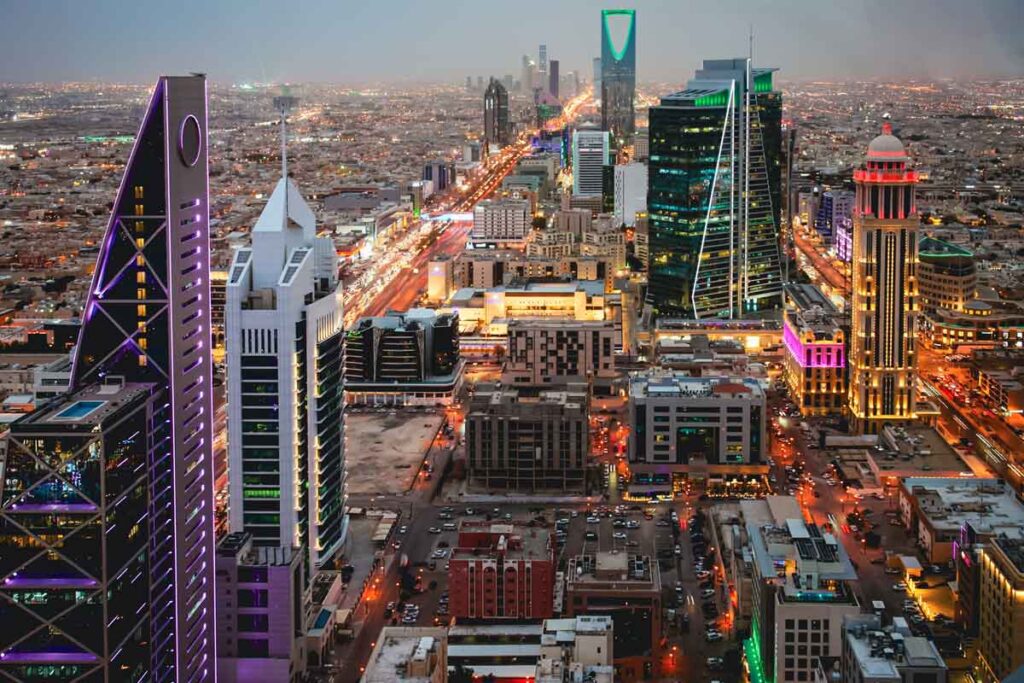Saudi Arabia breaks 73-year-old tradition: Alcohol will be available in luxury hotels from 2026 – A major first of Vision 2030
For the first time since 1952, in a major and historic change, Saudi Arabia has decided to gradually end its 73-year-old alcohol ban. This decision will come into effect from 2026, where light alcohol such as beer, wine and cider will be available at select tourist locations. This step is being seen as a preparation for major international events such as FIFA World Cup 2034 and Expo 2030. This is part of Saudi Arabia’s Vision 2030 plan, which aims to boost tourism, the economy, and the entertainment sector.

Where will alcohol be available?
The Saudi government has announced that alcohol will only be available in certain specific areas – and that too in strictly licensed hotels, resorts, and international tourist destinations. Nearly 600 locations have been included under this new policy. These include high-end and luxury development projects such as Neom city, Sindalah Island, and the Red Sea Project.
It will still be illegal to keep or make alcohol in public places, local shops, or even at home. This means there will be no special relaxation for local citizens – this policy will be limited to international tourists and licensed venues only.
What drinks will be allowed?
Under the new rules, only light alcoholic beverages such as beer, wine and cider will be allowed. Strong spirits such as whiskey, vodka and rum will still be banned. The government has taken this step to take into account social and religious sentiments.

How will it be monitored?
Every venue that serves alcohol will have to obtain a government license. The staff there will also be given proper training. Any misuse, over-drinking or violation of rules will attract strict penalties. Saudi authorities say this system will be strictly monitored and local cultural norms will be followed.
Vision 2030: Start of a new thinking
This entire alcohol reform is part of Saudi Arabia’s Vision 2030 plan. This ambitious vision has been launched under the leadership of Crown Prince Mohammed bin Salman, whose main aim is to move out of the oil economy and focus on tourism, hospitality and investment.
Alcohol policy is being seen as an effort of modernization and economic diversification. This will not only create new jobs, but will also increase foreign investment. Saudi officials believe that if they have to host big global events like the FIFA World Cup, then they will have to adopt some global standards – which also includes alcohol availability.

Preparations for Big Hotel Chains
Major hotel chains such as Hilton, Marriott and InterContinental have fast-tracked their expansion plans in Saudi Arabia. They believe that as soon as alcohol availability begins in 2026, there will be a big jump in the number of international tourists.
These hotels are designing luxury experiences such as special bars, rooftop lounges and wine-tasting events to attract international visitors.
Mixed reaction on social media
After this announcement, people are getting mixed reactions on social media. Some people are calling it a step towards modernization and economic progress, while some conservative people consider it against Saudi culture. However, the government has made it clear that this move will be restricted only till a limited and controlled environment is in place.
New era with strict conditions
Saudi Arabia, which till now followed zero tolerance on the name of alcohol, this policy signals a new thinking and controlled liberalisation. The government has made it absolutely clear that this policy will not be misused. Any illegal distribution, personal production or public drinking will still receive strict punishment.
After 2026, the tourism landscape of Saudi Arabia is going to change. Serving alcohol in luxury hotels and resorts will be a big shift – but only with license and discipline. This will not only support mega events like the World Cup but will also increase the confidence of global investors. This is like opening the doors to a new world for Saudi Arabia – where maintaining a balance between culture and commerce will be the biggest challenge.
